DSI has launched money laundering allegations against Venerable Dhammajayo.
According to Section 5 of the Anti-Money Laundering Act, the accused actions must meet the following criteria in order for it to be considered a crime:
1) The accused must transfer or receive transferred money in an attempt to conceal the money’s origin.
Ven. Dhammajayo received the donations in the form of cheques from Klongchan Credit Union Cooperative (KCUC) -- the money’s source is obvious. How is it possible for him to conceal the source when donations were made with cheques?
or
2) The accused must assist the criminal so he/she does not get caught.
The donations received by the Abbot were then allocated toward the construction of religious facilities, and there were clear evidence and witnesses that the donations were used for that purpose. Therefore, how does accepting donations help a criminal from being caught?
3) The accused must accept the money with full knowledge that it was obtained illegally.
If Ven. Dhammajayo were to have aided Mr. Supachai in laundering money, why did he accept the money in the form of cheques and allow DSI to track the money trail this easily? The Abbot received the donations openly in public. DSI can investigate the money trail -- the Temple’s finance department deposited the cheques in the bank before transferring the funds to pay for the construction of religious facilities, not to launder the donated money in any way.
4) A person is guilty of accepting stolen property if he/she had the intention to steal. Therefore, the recipient must know the money was stolen or was conspiring to steal it.
Based on these circumstances, it is apparent that Ven. Dhammajayo did not know the origin of the money. If he knew, why would he accept the donations in the form of cheques, which are easily tracked?
DSI’s actions have also been suspicious. It raises the question of whether DSI is treating the Abbot unjustly.
(1) The evidence in this case that led to allegations of money laundering against Ven. Dhammajayo is the same evidence that was used in Case No. 146/2556. This case was submitted to the prosecutor for evaluation and it was concluded that there was insufficient evidence to file a lawsuit. The prosecutor returned Case No. 146/2556 to DSI for further investigation. Once DSI obtained additional evidence, they were supposed to return the case to the prosecutor for re-evaluation. Isn’t that correct? Why then did DSI construct a new Case No. 27/2559, which duplicates Case No. 146/2556? Why didn’t DSI follow the prosecutor’s recommendation?
(2) Prior to this, DSI had submitted a letter to the National Office of Buddhism, asking it to reopen the completed monastic document case in order for the Supreme Sangha Council to defrock Ven. Dhammajayo for committing parajika, the gravest transgression by a Buddhist monk. DSI is interfering in an issue related to the monastic code of discipline against Ven. Dhammajayo while charging him in a separate case, even though the monastic document case is outside DSI’s jurisdiction. Isn’t DSI concerned that they will be viewed as being prejudiced against Ven. Dhammajayo?
(3) Why is DSI in a hurry to prosecute Ven. Dhammajayo? This is in spite of the fact that his supporters had formed an emergency fund and helped raise the amount equivalent to the funds Mr. Supachai donated to the temple, and gave it to the credit union (the plaintiff). KCUC even withdrew their civil lawsuit against Ven. Dhammajayo. Besides, there were numerous other organizations, other than Wat Phra Dhammakaya, that received donations that came from KCUC funds but DSI has yet to press charges against any of them.
The fact that DSI is rushing the prosecution of Ven. Dhammajayo, coupled with DSI’s effort to re-open the monastic document case and the duplication of lawsuits mentioned earlier makes it hard not to question if there’s a hidden agenda behind DSI’s motive.

